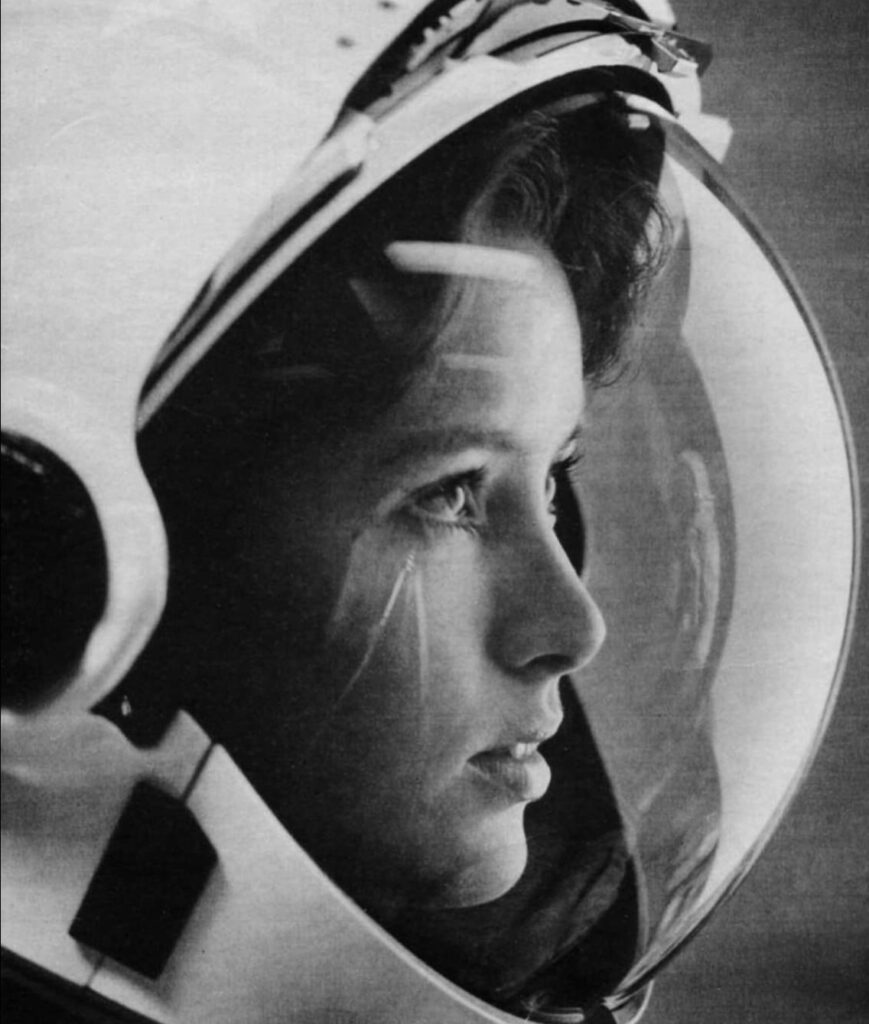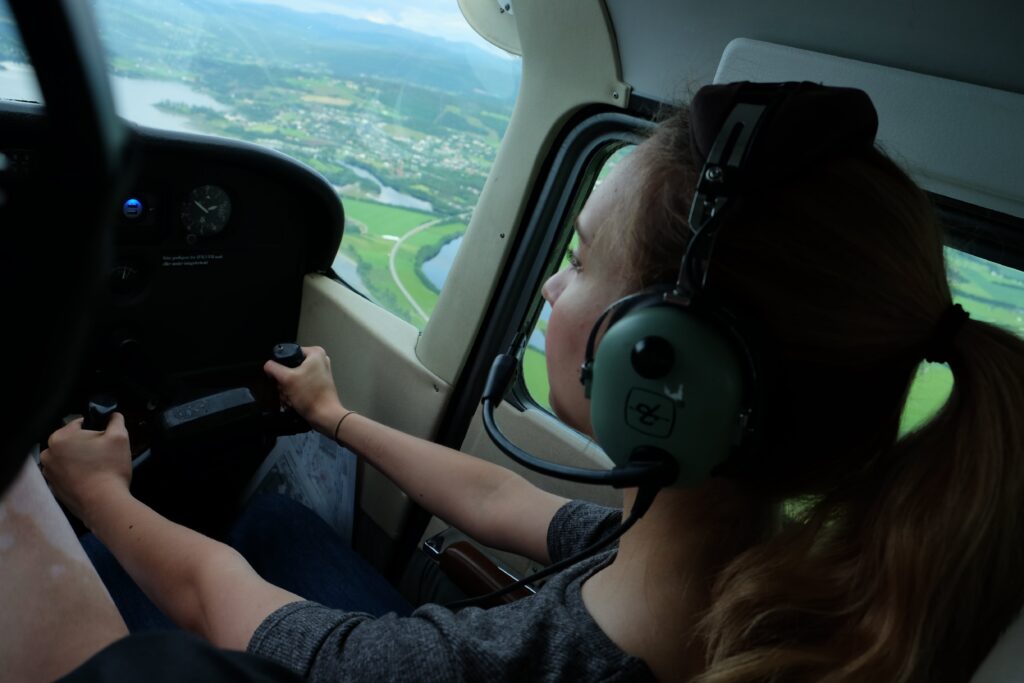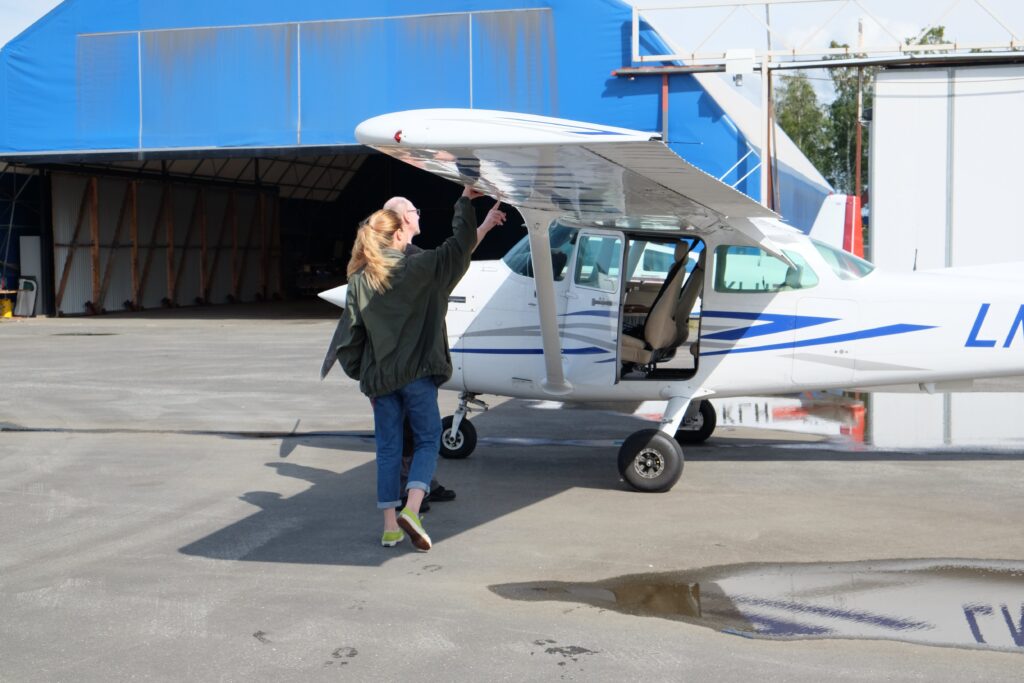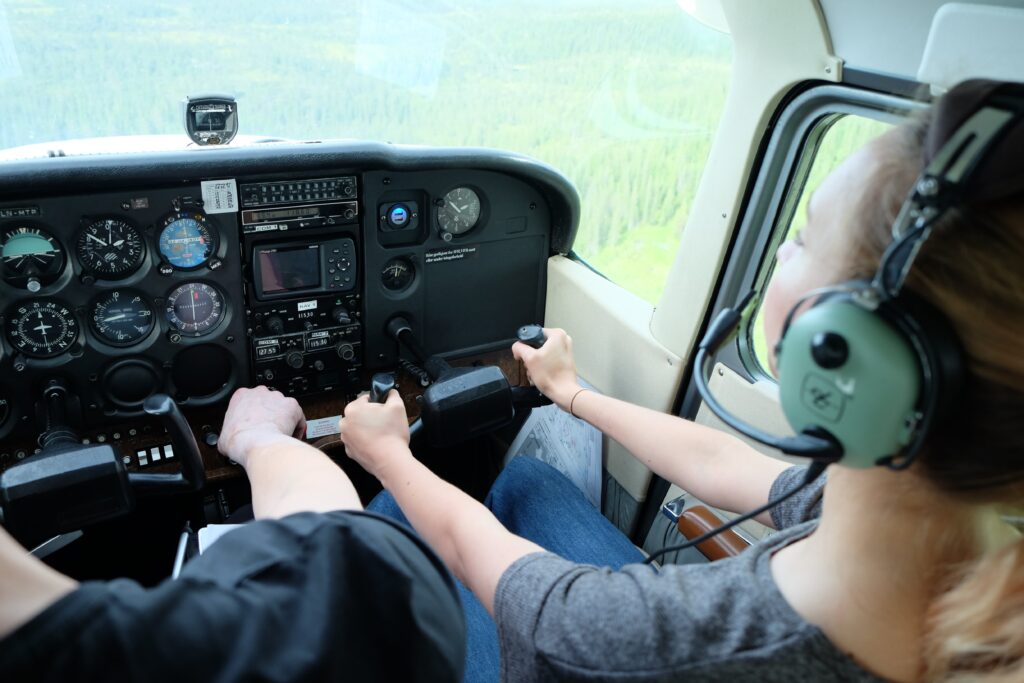When we’re young, our dreams are boundless. We’d say we wanted to be astronauts, famous singers, actors, doctors, presidents, explorers—our visions of the future are wild and limitless. We dreamt of worlds beyond our current reach, fed by books, movies, and the vivid imaginations of childhood. I personally wanted to be an airline pilot. It seemed like the coolest thing anyone could ever do, and each time I boarded a plane, I would peek into the cockpit to get a glimpse of the magic buttons and levers. And to fly! My goodness. That was my absolute dream. But somewhere along the way, those dreams often fade, replaced by the routines of adulthood. Many of us end up in “ordinary” jobs, far from the heights we once aspired to. So what happens to our dreams? Why do they so often give way to lives of routine, and why do most of us ultimately settle for this?
Why Childhood Dreams Are So Big
As children, we have a natural sense of wonder. Our brains haven’t yet been shaped by the practical concerns of the world; we think freely, without regard for money, skills, or social expectations. A child sees a doctor and thinks, “I want to help people.” They watch a movie about astronauts and think, “I want to explore the stars.” These aspirations come from a place of curiosity, wonder, and possibility, not limitation.
In childhood, we’re encouraged to dream big. Parents, teachers, and stories we read reinforce the idea that the world is full of opportunity. “You can be anything you want to be” is a common refrain. But then, as we grow older, reality starts to chip away at that idea.
The Shift to Realism
By adolescence, we begin to get a sense of what it actually takes to reach these goals. Want to be an astronaut? You’ll need years of rigorous education in science and mathematics, plus physical training and a healthy dose of luck. Want to be a famous musician? You’ll have to dedicate yourself to your craft, often for years without recognition or reward, and face the uncertainty of a fiercely competitive industry.
This is the stage where our dreams begin to be tempered by realism. We start to question whether we have the talent, the resources, or the resilience to make it. The sheer scale of what it takes to achieve those early dreams can make them feel more daunting than inspiring.
The Pressure to Be Practical
Society also plays a huge role in steering us away from our childhood dreams. We’re taught that success means stability: a steady job, a paycheck, and a secure future. Pursuing a dream, especially if it’s outside the bounds of traditional careers, can be seen as risky or even irresponsible. The message becomes: you have to make a living, and that means choosing a practical path. The freedom to explore, to take risks, to make mistakes, often gets pushed aside in favor of security.
This isn’t inherently wrong. For many, this path provides stability, community, and the chance to build a fulfilling life. But for others, this pressure to be practical can feel stifling. It’s the turning point where “dreams” begin to feel more like luxuries than goals.
The Comfort of Ordinary Life
For some, giving up the big dreams can even be a relief. After all, pursuing them would mean a lifetime of striving, struggling, and perhaps failing. The demands of everyday life—paying bills, caring for family, building relationships—become more pressing, and the allure of a steady routine grows.
Most of us also find a certain comfort in blending into the rhythms of daily life. There’s joy in simple, everyday moments: sharing a meal with family, working on a project with colleagues, or spending a quiet Sunday at home. These moments of “ordinariness” can offer a sense of grounding that big, high-stakes dreams may not. The idea of achieving greatness often comes with loneliness, stress, and exhaustion—sacrifices that don’t always feel worth it in the face of the familiar.
Why Do We Put Up With Being “Ordinary”?
Most of us accept a life that might be called “ordinary” because it brings something the big dreams don’t always promise: peace. The big dreams can take a backseat to goals that bring more immediate, consistent satisfaction. We come to realize that happiness doesn’t necessarily come from being extraordinary but from being content. The mundane, it turns out, can hold its own magic.
There’s also the fact that adulthood brings a deeper understanding of what truly matters. When we’re young, we dream of fame, adventure, and excitement because they seem like the ultimate achievements. But as adults, we learn that fulfillment can come from smaller sources, like a stable job, meaningful relationships, and time spent with loved ones. Many of us decide that a life of integrity, kindness, and community is more valuable than fame or adventure.
Is It Possible to Rekindle Those Dreams?
The dreams we had as children don’t have to vanish entirely. While few of us will end up as astronauts or presidents, we can find ways to reconnect with the spirit of those dreams. If you once wanted to be an artist, maybe you can pick up painting as a hobby. If you dreamed of adventure, maybe you can travel or take on challenges that push you out of your comfort zone. The key is to remember that our dreams don’t always have to define our careers—they can simply be a part of who we are and how we express ourselves.
In the end, the “big dreams” of childhood might servte in reaching and aspiring. But it’s okay if we don’t live in the clouds. Most of us find fulfillment not in distant stars or stages but in the quiet satisfaction of a life well-lived—ordinary, maybe, but meaningful nonetheless. A different purpose than we originally thought. They remind us of the vastness of possibility, of the beauty in the ordinary.
Love, V





